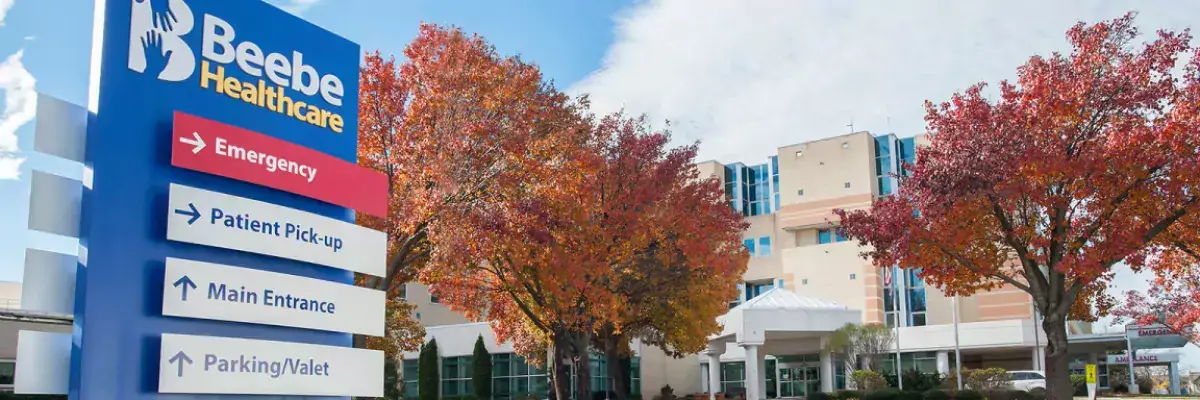Eating During Cancer Treatment: What to Eat when Nothing Tastes Good

During cancer treatment, some patients report that food doesn’t taste good anymore. They might note that foods have a bitter or metallic taste. In other cases, they don’t find much taste at all when eating.
If your desire for food or your taste for food has changed during cancer treatment, here are some tips on finding foods that taste good.
Before changing your diet, talk to your healthcare provider to rule out other reasons why foods might not taste right to you, including potential dental issues.
Tips for improving a bad taste in your mouth:
- Suck on lemon drops, mints, or chew gum if you find you have a bad taste in your mouth after eating or during the day.
- Drink plenty of water to keep your mouth from becoming dry, which can affect taste.
- If you smoke, it is time to quit. Smoking can also dull your taste buds and affect taste.
- Rinse your mouth out frequently throughout the day. This can be with a baking soda mouth rinse or any kind of mouth rinse that does not contain alcohol.
Foods to try if nothing tastes good:
- Try adding slices of fresh fruit to water if you find you have difficulty drinking enough.
- Try fruit popsicles in various flavors. Fruit sorbet or sherbet is also an idea.
- Experiment with spices and herbs. Instead of adding more salt to food to perk up the taste, try adding dried basil, oregano, or a lemon-pepper seasoning.
- Try eating meat at room temperature instead of hot. In some cases, patients report not being able to taste hot foods as much, so let items cool before eating.
- If you can no longer stomach meat, look for other sources of protein such as poultry, seafood, eggs, milk, and beans.
- Try easy-on-your stomach foods if you feel like food makes your stomach upset. Ideas might be rice, bananas, or non-acidic soups like a hearty bean soup.
- If you feel like you taste chemicals or preservatives in food, focus on making your meals at home where you can monitor the ingredients. Or focus on buying freshly made foods.
An additional tip is to add to the food you normally eat to enhance the flavor. Think of the acronym FASS (developed by Rebecca Katz, MS, nationally recognized nutrition educator: http://med.stanford.edu/nutrition/education/food-and-health/speakers/rebecca-katz.html).
The F stands for fat. Fat provides flavor and aroma to food. Incorporate a good quality olive oil into your recipe.
The A stands for acid. Try different kinds of vinegar or relishes, squeeze some lemon or lime juice onto your food.
The two S’s stand for salty and sweet. A pinch of salt may help improve the taste is food is too sweet. Some good quality maple syrup or honey may also enhance the sweet flavor of your food.
If you are concerned that you are not getting enough nutrients or calories, talk to your Beebe provider, the oncology dietitian or our Breast Health Nurse Navigator for more tips and suggestions.



